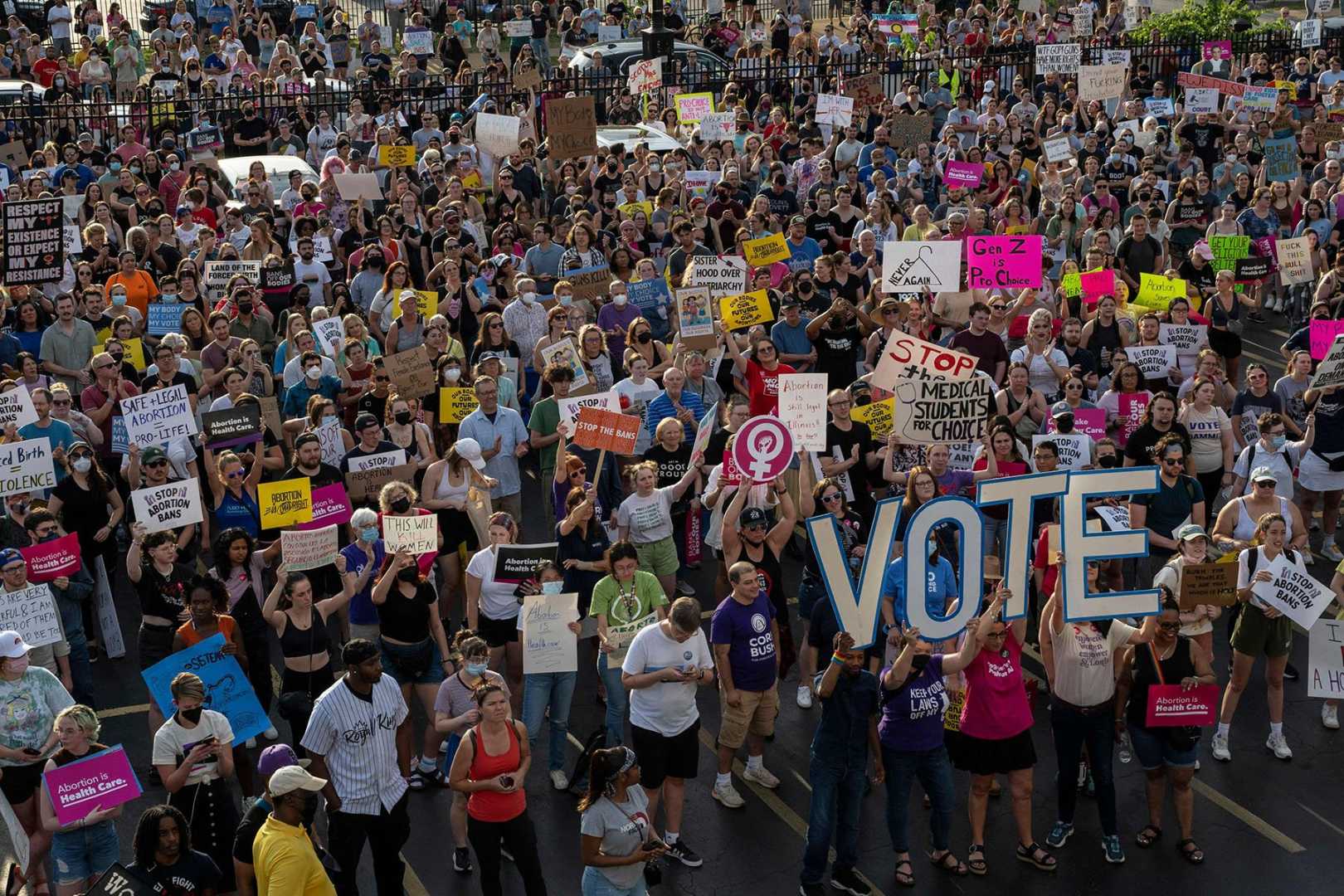News
Abortion Rights on the Ballot: A State-by-State Overview

As the upcoming elections approach, the issue of abortion regulation remains a focal point on the ballots in several states. Voters in Montana, Arizona, Missouri, Nebraska, Colorado, Florida, Maryland, Nevada, New York, and South Dakota will decide on measures related to abortion access, following the Supreme Court‘s 2022 decision to overturn Roe v. Wade. This ruling has prompted many states to reconsider their abortion laws, leading to proposals that could allow or restrict abortions under various conditions.
In Arizona, voters will decide whether to amend the state constitution to protect the right to abortion up to fetal viability, generally around 24 weeks of pregnancy. Currently, abortions are legal there until the 15th week, with exceptions only to save a mother’s life. Experts suggest that this measure could mobilize women voters in this swing state, possibly affecting election outcomes, according to Democratic pollster Celinda Lake. Meanwhile, Arizona Right to Life director Katarina White notes the potential for Republicans to appeal to Latino voters who may oppose abortion for religious reasons.
Nebraska presents a unique situation with two contrasting initiatives. One seeks to enshrine the right to abortion in the state constitution until fetal viability, while the other aims to solidify the current 12-week ban with exceptions for rape, incest, and when a mother’s life is at risk. These opposing measures could increase voter turnout, although they are unlikely to sway other election results significantly.
Nevada’s ballot will pose a question about embedding abortion access into the state’s constitution. The current law permits abortions until the 24th week if deemed necessary for the mother’s life. Given Nevada’s status as a politically divided state, this could influence Democratic voter turnout.
Florida’s electorate faces a proposal to protect abortion access in the state constitution. Currently, Florida restricts abortions after six weeks, with exceptions in certain scenarios. The state mandates two in-person clinic visits for those seeking an abortion before the six-week deadline. Although the issue is not expected to impact broader election races, it draws attention due to former President Donald Trump‘s residence in Florida and conflicting reports about his stance on the initiative.
In Maryland, a proposed constitutional amendment seeks to enshrine abortion and reproductive freedoms. Senate President Bill Ferguson emphasizes the importance of state-level protections in the face of potential federal changes. This measure might resonate with voters in a close Senate race, where candidates regularly address abortion issues.
New York’s proposal differs from others by seeking to amend the state’s equal rights amendment to include protections against discrimination based on pregnancy and reproductive healthcare, without specifically mentioning abortion. High voter turnout, driven by this ballot question, could benefit Democrats in key races as the House of Representatives is tightly contested.
In Missouri, where abortion is currently illegal except for medical emergencies, a ballot measure proposes granting the right to abortion up to fetal viability in the state’s constitution. This could make Missouri a destination for those seeking abortions from states with strict restrictions. Although unlikely to change other race outcomes in the Republican-leaning state, it signifies a potential shift in regional abortion access.
Montana’s ballot includes a question to establish a constitutional right to abortion. With a closely watched Senate race, increased turnout among women, particularly, could influence the election’s outcome, according to pollster Celinda Lake.
In South Dakota, a proposed measure would establish a constitutional right to abortion and permit public funding, maintaining abortion legality throughout pregnancy. While public sentiment largely supports abortion access, previous attempts to impose restrictions were rejected by voters four years ago.
Lastly, South Carolina’s ballot initiative seeks to permit abortions within the first trimester and regulate second-trimester terminations to ensure they relate to the pregnant woman’s health. Given the state’s Republican leaning, this measure is unlikely to significantly change the electoral balance.












